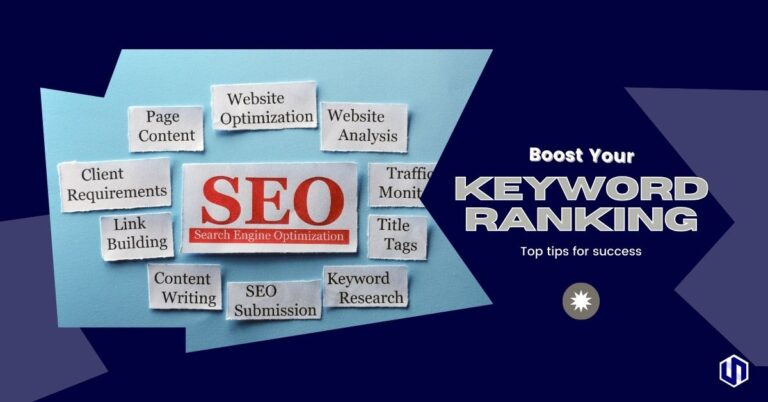
The Ultimate Guide to SEO Mobile Optimization: Why It Matters and How to Do It Right
SEO mobile optimization isn’t just about staying ahead of the competition; it’s about meeting your audience where they are. By ensuring your website is mobile-friendly, you improve user experience, boost search engine rankings, and ultimately drive more conversions.




